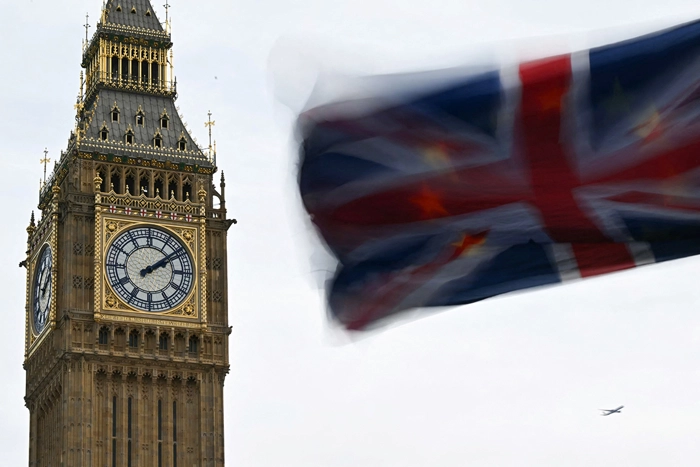
UK Christian group praises Parliament for ‘unprecedented’ opposition to conversion therapy ban
February 19, 2024
A Christian advocacy group is expressing thanks to a number of members of the House of Lords who have spoken out against a bill that would ban the practice of ‘conversion therapy.’ According to the Christian Post, the U.K.-based group Christian Concern has deep concerns about the pending bill’s potential impact on religious liberty and free speech.
The advocacy group stated:
“This was the first time in British history that more politicians in Parliament opposed a conversion therapy ban than supported one. This was also an international first, as this has never previously happened elsewhere either.”
House of Lords Bill 5 seeks to prohibit sexual orientation and gender identity conversion therapy and would outlaw:
“any practice aimed at a person or group of people which demonstrates an assumption that any sexual orientation or gender identity is inherently preferable to another, and which has the intended purpose of attempting to — (a) change a person’s sexual orientation or gender identity, or (b) suppress a person’s expression of sexual orientation and gender identity.”
Those found guilty of violating the proposed ban could be subject to fines for which there is no upper limit.
Members of the House of Lords debated the bill for nearly five hours last week and Christian Concern reports that 29 members of the House spoke against the bill with just 15 speaking in support.
The bill’s sponsor, Baroness Burt of the Liberal Democratic Party stressed:
“It’s important to differentiate between psychological practice or religious advice and conversion therapy. A therapist, for example, who is exploring gender dysphoria with a young person in good faith — with no predetermined goal to change how that young person ought to be — shouldn’t be penalized.”
Christian Concern has pushed back on Burt’s analysis, noting that the bill assumes that people would be reporting therapists and others deemed to be involved in ‘conversion therapy’ to the police for having had private conversations with their own clients.
The House of Lords version of the bill now goes to a committee of the whole House where all members will be allowed to deliberate it.
Photo: top, Credit: Justin Tallis/ Getty Images
